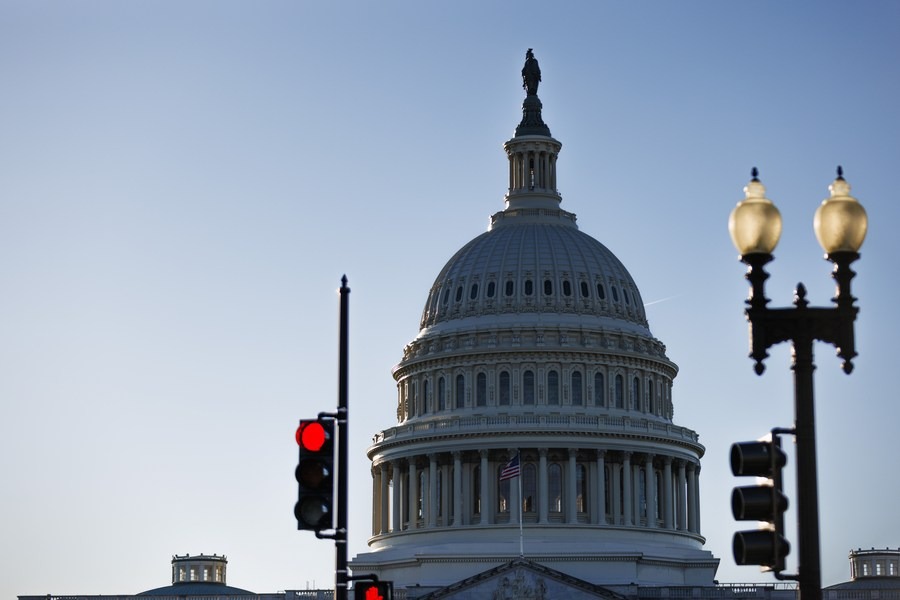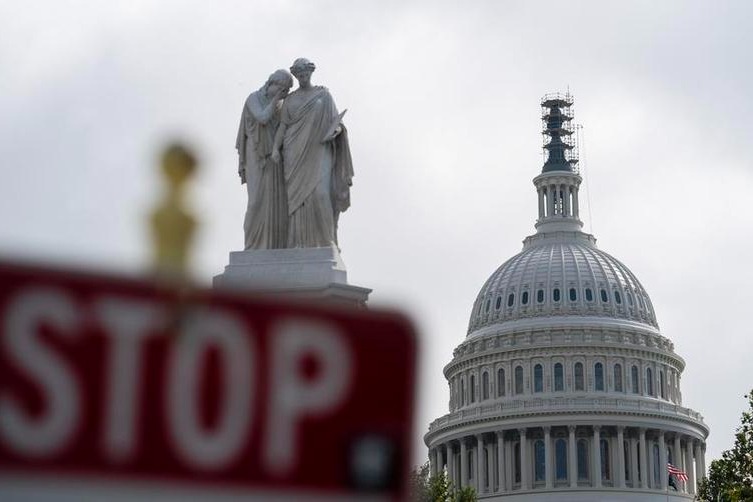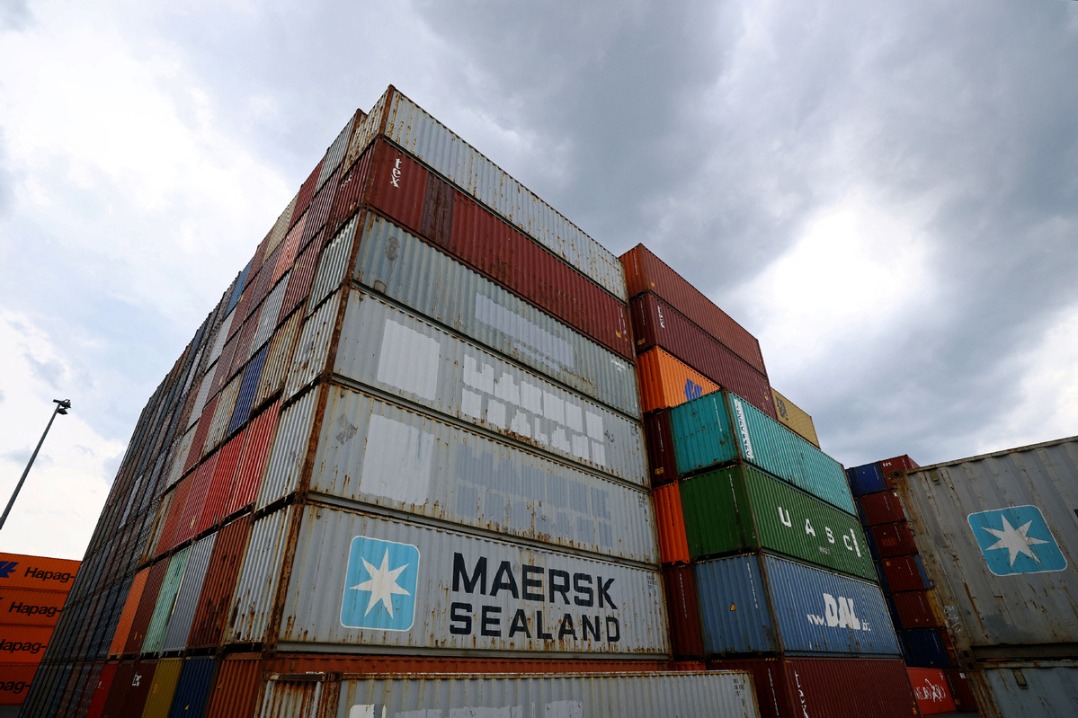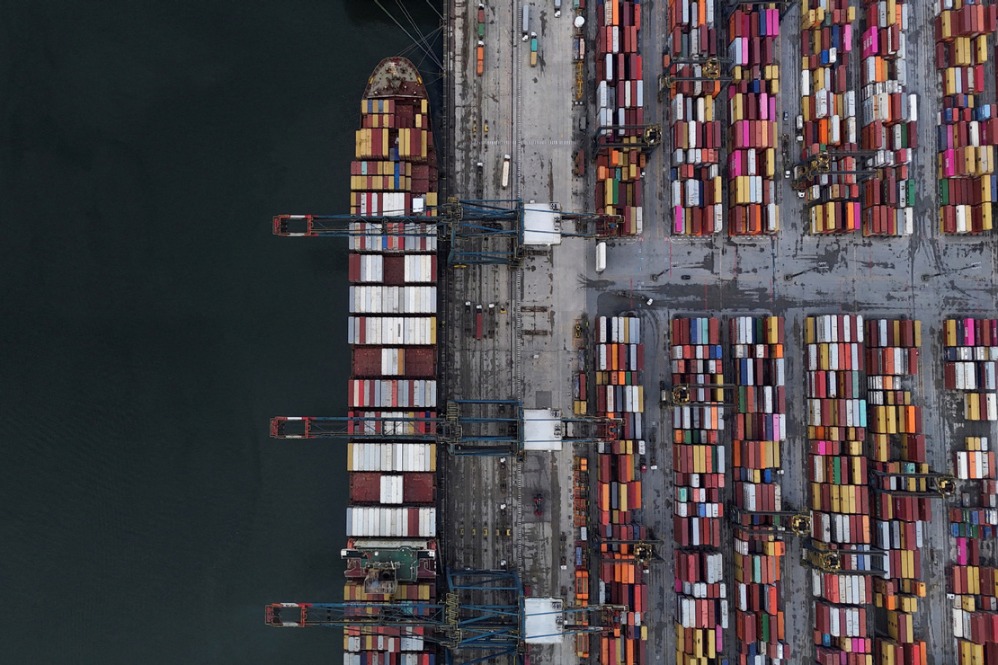Tensions ease in Syria with new ceasefire
Strikes aimed at 'expanding control' as UN calls attack violation of sovereignty


Sharply escalating tensions in Syria appeared to ease on Thursday following a new ceasefire, a day after Israel bombed Damascus and threatened further attacks under the pretext of "protecting the Druze" amid sectarian clashes in the southern province of Sweida.
Syrian interim government leader Ahmed al-Sharaa said on Thursday that "responsibility" for security in the Druze-majority Sweida would be handed over to religious elders and local factions "based on the supreme national interest".
Meanwhile, government troops have withdrawn from Sweida following a new ceasefire, state media reported. The United States — a close ally of Israel, now seeking to reset ties with Syria — said the deal had been reached to restore calm. US Secretary of State Marco Rubio earlier called the conflict a "misunderstanding between neighbors".
On Wednesday, at least five Israeli missiles struck Syrian army headquarters and the defense authority compound in Damascus, with additional strikes landing near the Al-Shaab presidential palace overlooking the capital.
Analysts said the strikes marked a sharp escalation, as Israel has seized a strategic opportunity after the ouster of former president Bashar al-Assad in December to expand its influence and block any future military buildup in Syria.
Mohamad Elmasry, a professor of media studies at the Doha Institute for Graduate Studies, said Israel's attacks are not about protecting the Druze, but about expanding control and weakening Syria.
"It's necessary to remind everyone that the idea of a 'Greater Israel', from the Euphrates to the Nile, is very mainstream in Israel. Otherwise, they wouldn't be expanding so aggressively," he said. "Now they send signals that they want to occupy more in Syria as they ask Syria to withdraw from Syria."
Al Jazeera's senior political analyst Marwan Bishara called the Israeli attacks "vulgar exhibitionism", saying Israel is "once again trying to prove to all its neighbors that it is the new regional hegemon".
Supported by the US, Israel feels it is capable of dictating policy in the Middle East, he said. "Israel's main goal has been to divide and weaken Syria, turn its minorities — whether they are Druze, Kurds or Alawites — against the central government in Damascus."
Israeli Defense Minister Israel Katz earlier urged Damascus to "leave the Druze in Sweida alone". Prime Minister Benjamin Netanyahu said in February that southern Syria must be fully demilitarized, refusing to accept the interim government near its territory.
However, Druze religious leader Sheikh Yousef Jarbou condemned Israel's airstrikes on Damascus. "Any attack on the Syrian state is an attack on the Druze community," he said.
Following Assad's ouster, Israeli forces took control of the United Nations-monitored demilitarized zone in the Golan Heights and conducted hundreds of strikes on Syrian military targets.
Haid Haid, a consulting fellow at Chatham House in London, said Israel's attack on Damascus is "not a complete surprise", but targeting the army headquarters and the presidential palace is an escalation not seen before.
Yet, Syria is currently unable to retaliate, he said, as the interim government pledged to focus on domestic issues rather than "cause trouble for any regional actors".
Strong condemnation
The Israeli strikes also drew widespread condemnation and concerns.
UN Secretary-General Antonio Guterres on Wednesday condemned the Israeli strikes.
"The secretary-general further condemns Israel's airstrikes on Sweida, Daraa and in the center of Damascus, as well as reports of the (Israel Defense Forces') redeployment of forces in the Golan," his spokesman Stephane Dujarric said.
Jasem Mohamed Albudaiwi, secretary-general of the Gulf Cooperation Council, said the attacks were a flagrant violation of Syria's sovereignty, a breach of international laws and norms, and a serious threat to regional security and stability.
Turkiye's Foreign Ministry said the attacks on Damascus "constitute an act of sabotage against Syria's efforts to secure peace, stability and security".
Agencies and Xinhua contributed to this story.

































